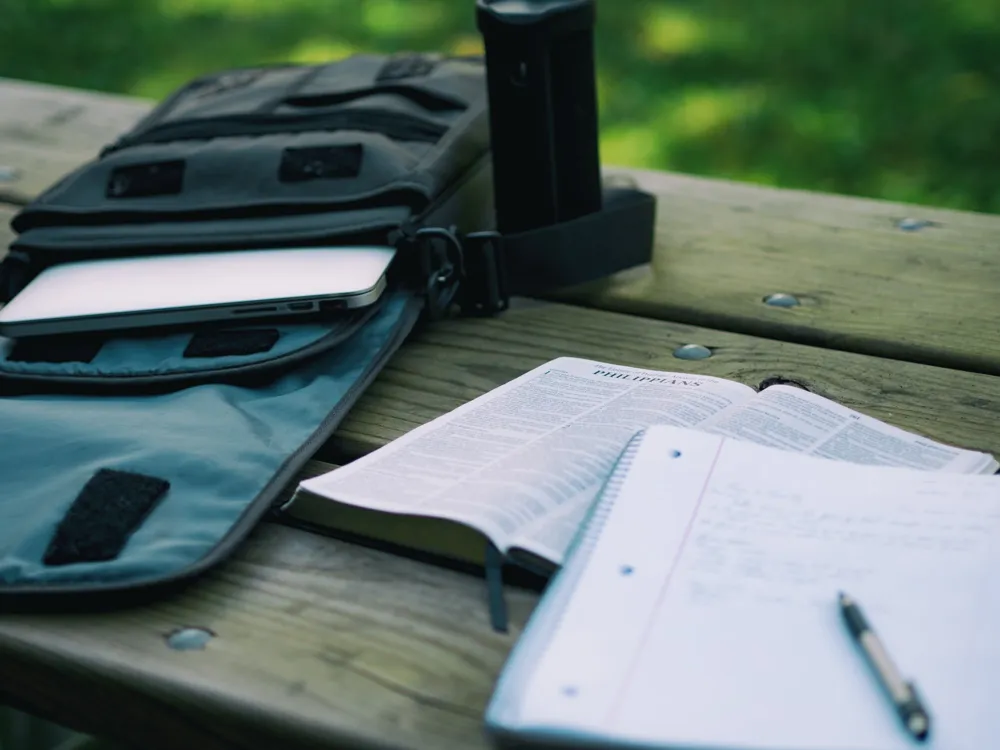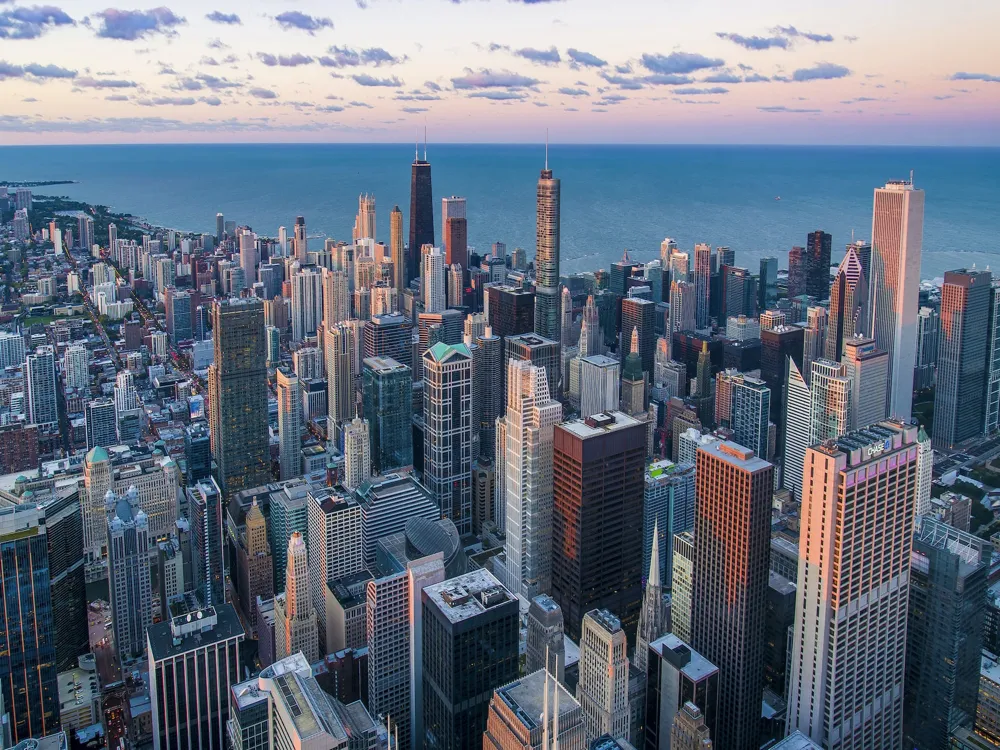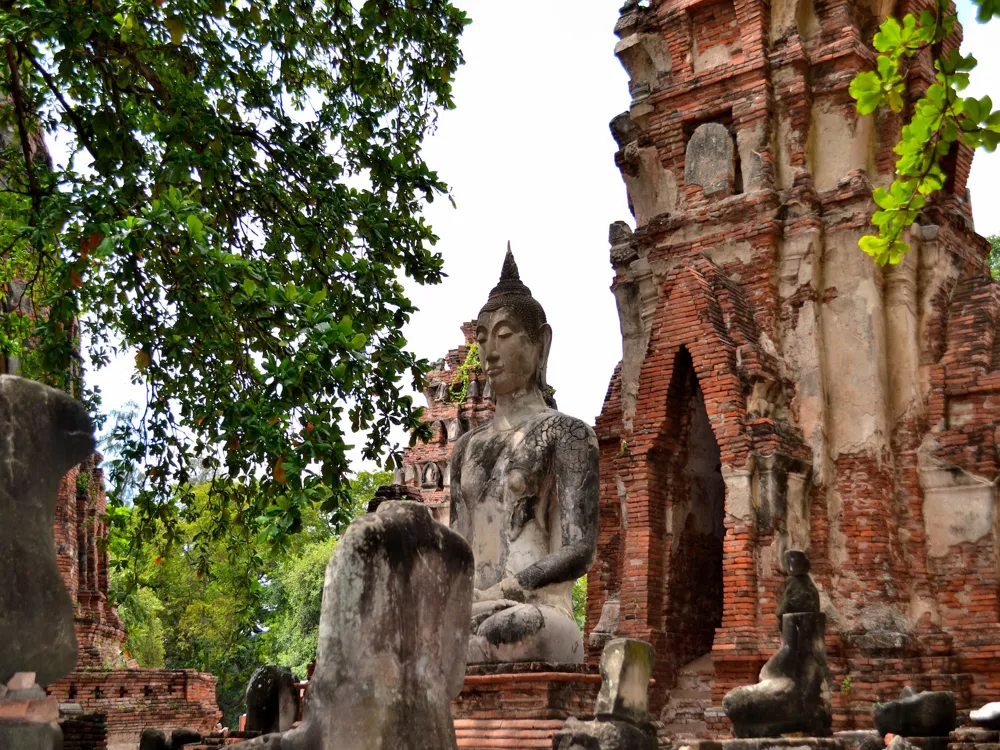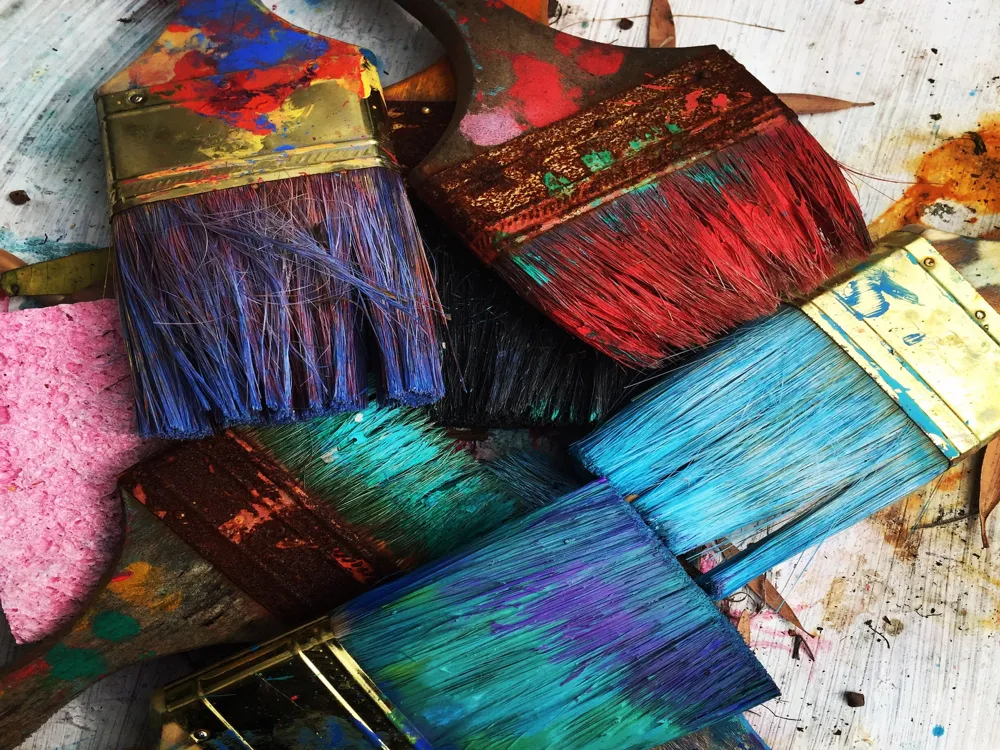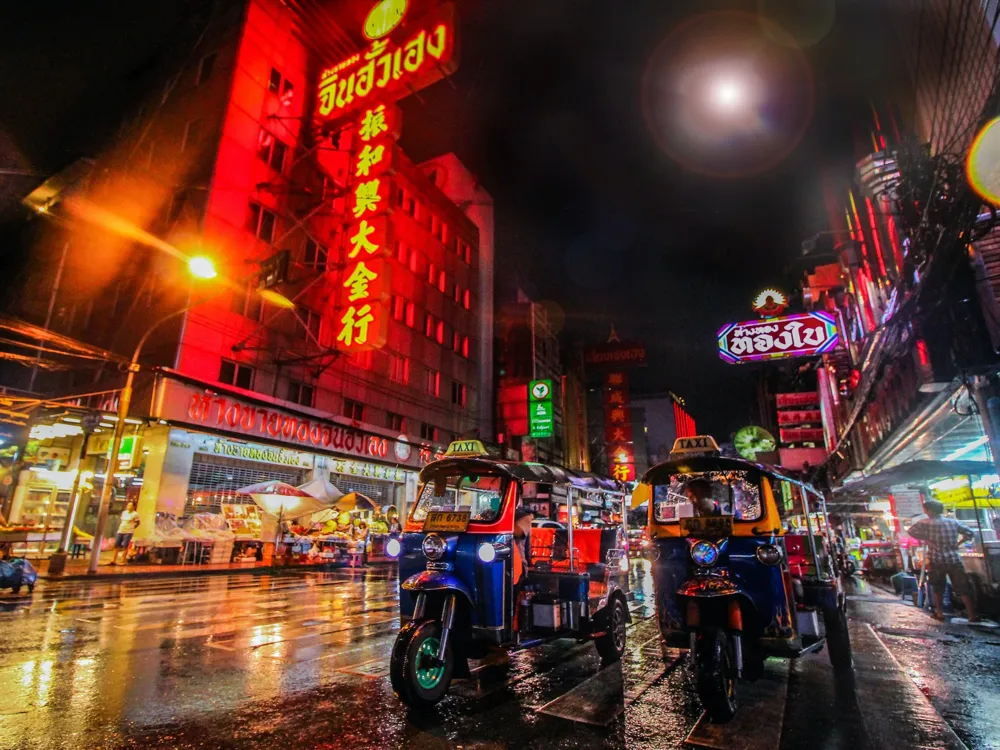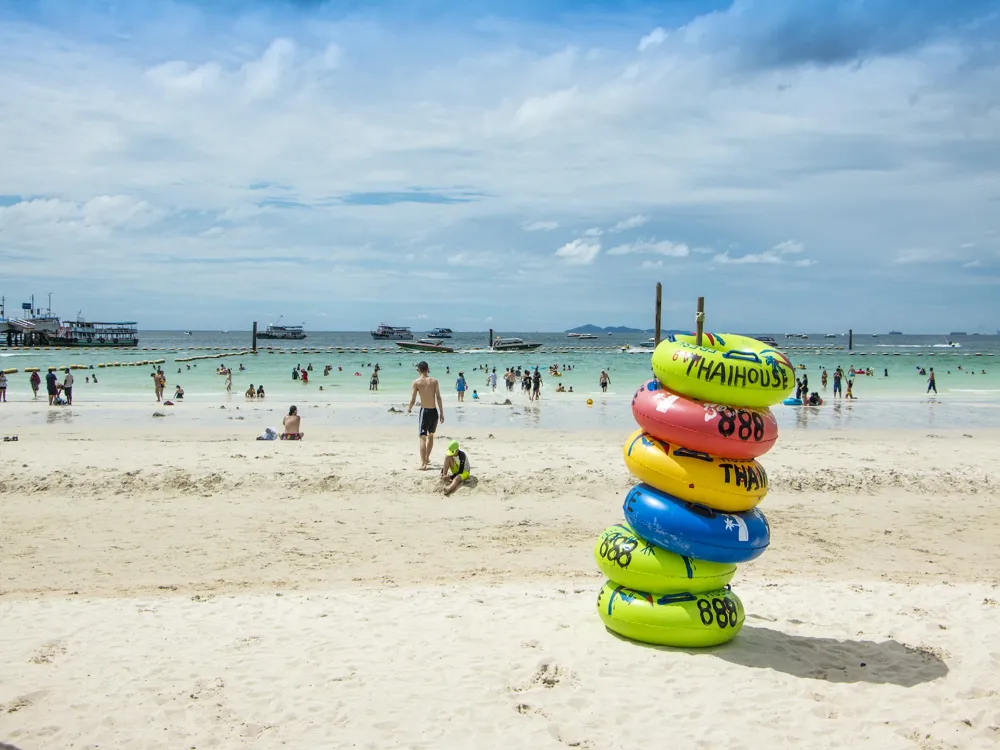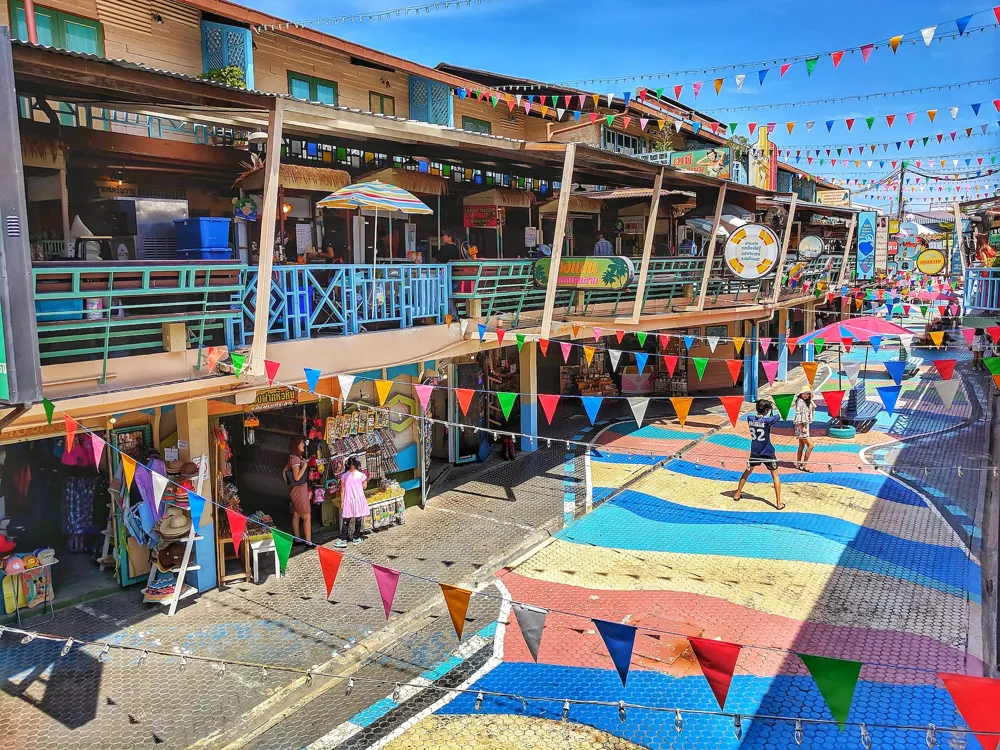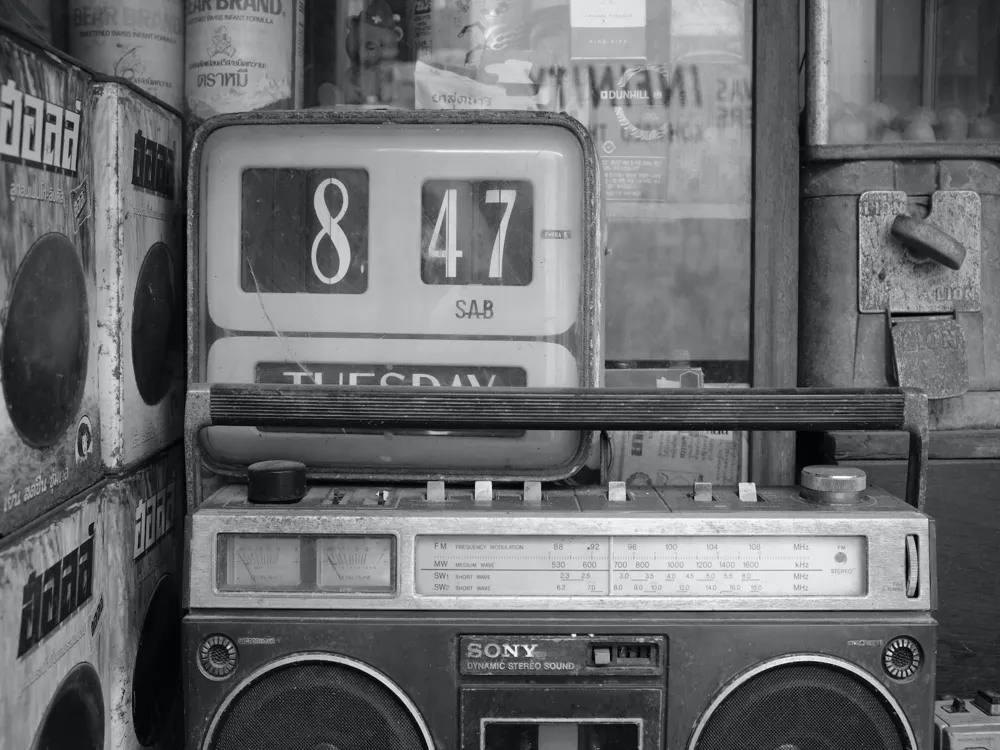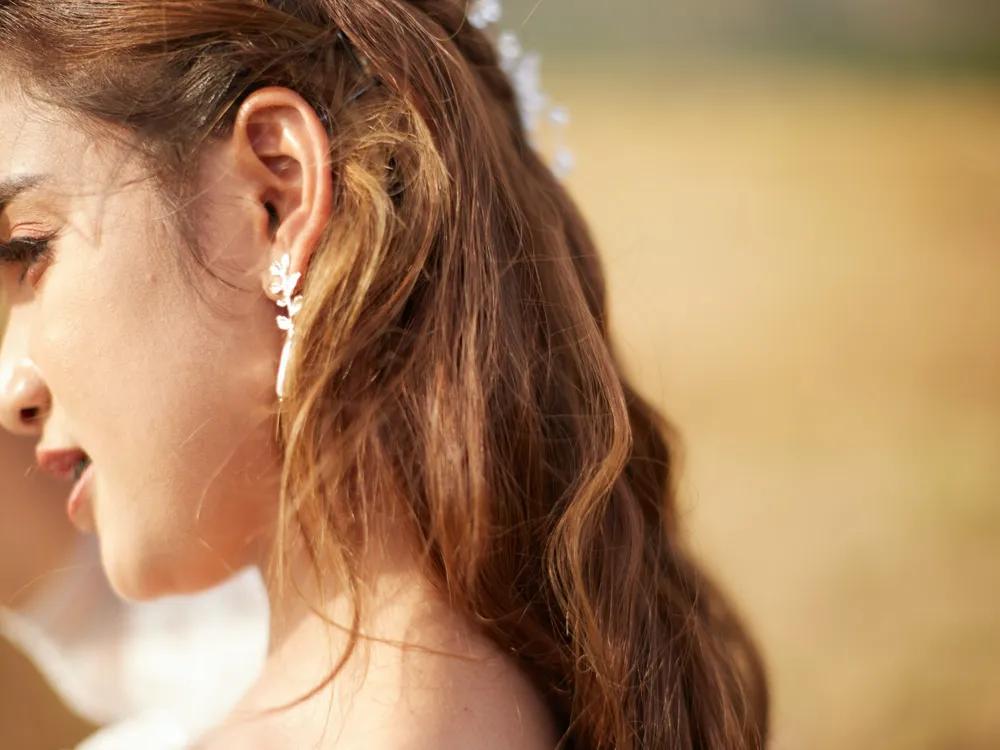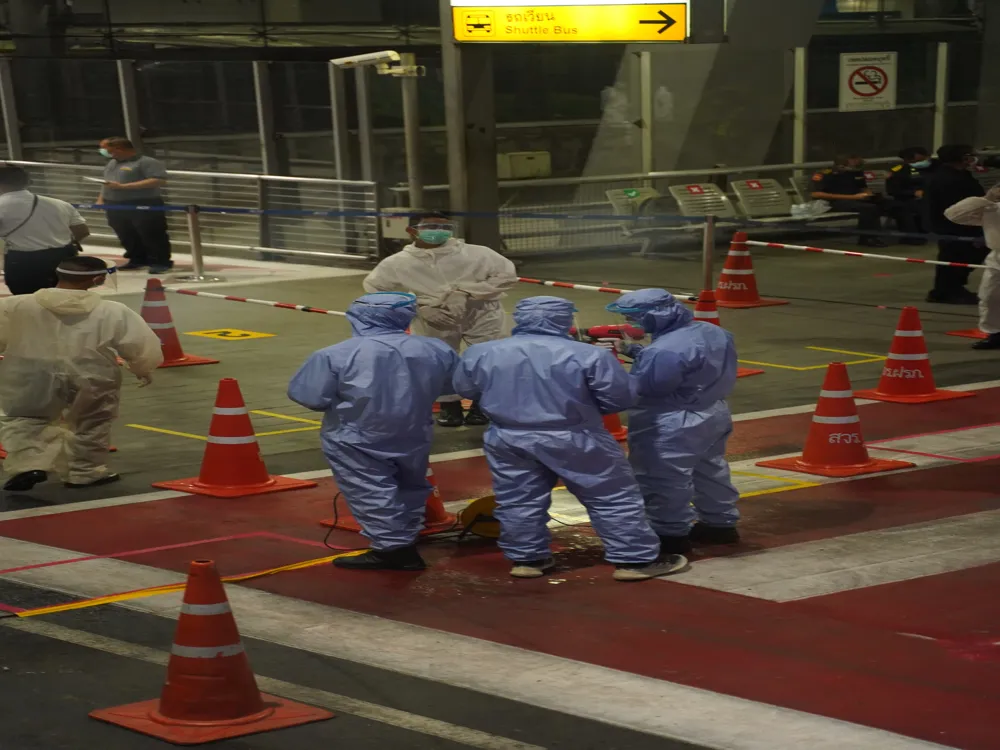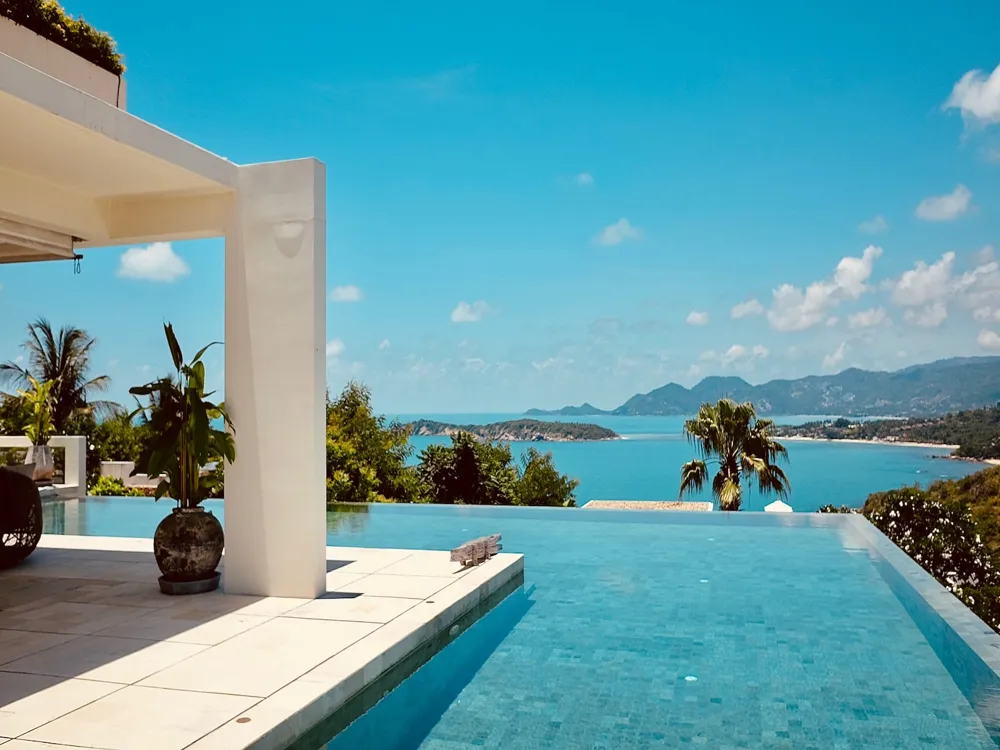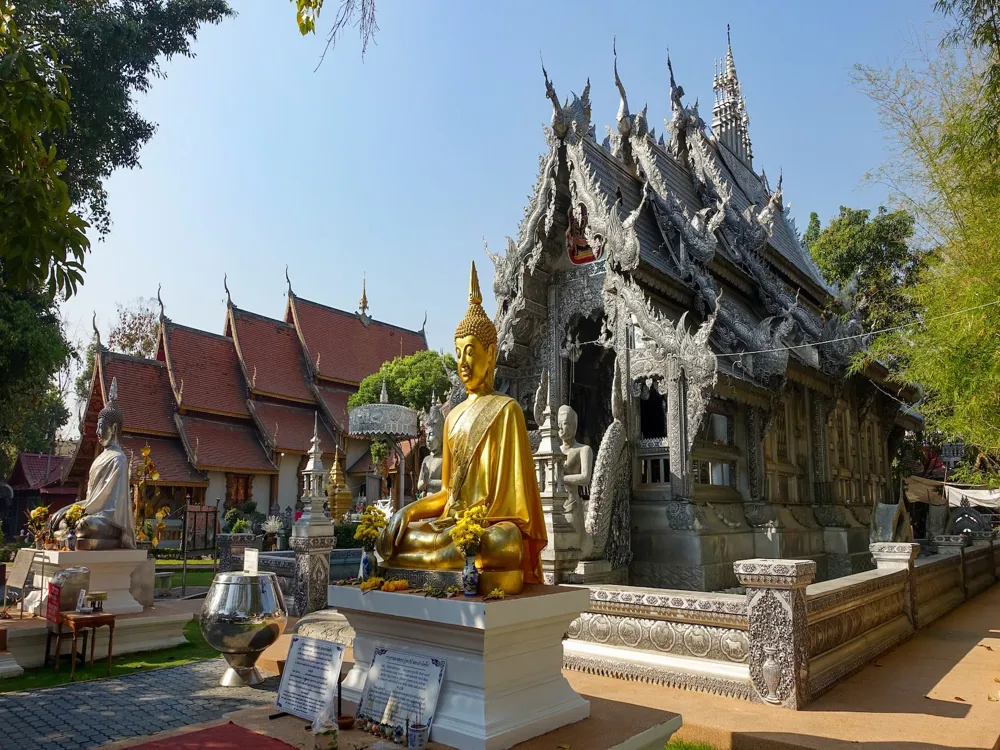Wat Suwandawas, a historical gem located in the ancient city of Ayutthaya, Thailand, stands as a testament to the rich cultural and religious heritage of the region. Founded in the 14th century during the Ayutthaya Kingdom's golden era, this Buddhist temple complex has witnessed centuries of history, including the rise and fall of empires and the evolution of Thai architecture and Buddhism. The temple, also known as the Temple of Golden Beauty, is renowned for its unique architectural design, which embodies the classic Ayutthaya style. This style is characterized by its tall, ornate prangs (reliquary towers) and sprawling, serene temple grounds. Over the years, Wat Suwandawas has attracted scholars, historians, and tourists alike, seeking to explore its historical significance and architectural marvels. Notably, Wat Suwandawas played a crucial role in the religious and cultural life of the Ayutthaya Kingdom. It served as a center for Buddhist learning and meditation, attracting monks and laypeople from across the kingdom. The temple's influence extended beyond the religious sphere, impacting the social and political dynamics of the era. Its historical significance is further highlighted by the various restoration efforts undertaken over the years to preserve its legacy for future generations. In this detailed overview, we will delve into the fascinating history of Wat Suwandawas, exploring its founding, architectural evolution, religious significance, and the role it played in the broader context of Ayutthaya's history. Join us on a journey through time as we uncover the stories and secrets of this magnificent temple. The architectural grandeur of Wat Suwandawas is a splendid representation of the Ayutthaya style, a distinctive form of Buddhist temple architecture that flourished during the Ayutthaya Kingdom (1350-1767 AD). This style is characterized by a harmonious blend of various architectural influences, including Indian, Khmer, and early Thai designs, creating a unique aesthetic that is both majestic and serene. The central feature of Wat Suwandawas's architecture is its impressive prang, a tower-like structure that is a hallmark of Ayutthaya temple design. The prang, often adorned with intricate stucco work and ornamental elements, symbolizes Mount Meru, the center of the universe in Buddhist cosmology. The prang's height and elaborate decorations not only serve a religious purpose but also demonstrate the temple's significance and the kingdom's prosperity. Around the central prang are various structures, including viharas (assembly halls), ubosots (ordination halls), and chedis (stupas), each serving specific religious functions. The viharas house exquisite murals and Buddha images, providing a space for prayer and meditation. The ubosots, with their elegantly carved doors and windows, are used for important religious ceremonies, particularly monk ordinations. Additionally, the temple grounds are adorned with smaller chedis and other religious sculptures, set amidst lush gardens and reflective ponds, creating a tranquil and meditative environment. The layout of these structures is carefully planned, reflecting the religious and cosmological beliefs of the time. This section will provide an in-depth exploration of the architectural elements of Wat Suwandawas, detailing the design, symbolism, and cultural influences that shaped this magnificent temple. We will examine the construction techniques, materials used, and the artistic details that make Wat Suwandawas an architectural masterpiece. Visitors to Wat Suwandawas should dress modestly, covering their shoulders and knees. It's important to show respect for the temple's religious significance by speaking softly and behaving courteously. The ideal time to visit Wat Suwandawas is during the cooler months from November to February. Early morning visits are recommended to avoid the heat and crowds. Consider taking a guided tour to gain deeper insights into the temple's history and architecture. English-speaking guides are available at the entrance. Photography is allowed, but avoid using flash inside the temple halls. Capture the beauty of the prangs during sunrise or sunset for stunning shots. Engage with local customs by participating in temple offerings or meditation sessions. This provides a more immersive experience of Thai culture. Wat Suwandawas is accessible from Bangkok, the capital city of Thailand. Visitors can take a bus, train, or private vehicle to Ayutthaya, followed by a short tuk-tuk or taxi ride to the temple. For a more scenic route, riverboats offer trips from Bangkok to Ayutthaya, highlighting the beauty of the Chao Phraya River. Detailed directions, transportation options, and travel tips will be provided to ensure a smooth journey to this historic site. Read More:Overview of Wat Suwandawas, Ayutthaya
Architecture of Wat Suwandawas
Tips When Visiting Wat Suwandawas
Dress Code and Etiquette
Best Time to Visit
Guided Tours
Photography Tips
Local Customs and Traditions
How To Reach Wat Suwandawas
Wat Suwandawas
Ayutthaya
₹ 60,000 onwards
View ayutthaya Packages
Weather :
Tags : Buddhist Temple
Entry Fee : THB 50
Planning a Trip? Ask Your Question
Ayutthaya Travel Packages
View All Packages For Ayutthaya
Top Hotel Collections for Ayutthaya

Private Pool

Luxury Hotels

5-Star Hotels

Pet Friendly
Top Hotels Near Ayutthaya
Other Top Ranking Places In Ayutthaya
View All Places To Visit In ayutthaya
View ayutthaya Packages
Weather :
Tags : Buddhist Temple
Entry Fee : THB 50
Planning a Trip? Ask Your Question
Ayutthaya Travel Packages
View All Packages For Ayutthaya
Top Hotel Collections for Ayutthaya

Private Pool

Luxury Hotels

5-Star Hotels

Pet Friendly







